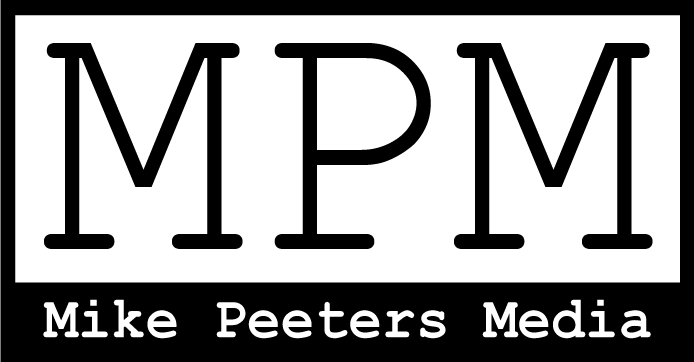How to Secure Regular Income from Freelance Work
Gaining a steady income stream from freelance work is every freelancer’s goal.
One way to achieve this is to set up monthly retainers with your regular clients.
Monthly retainers are a good way to ensure regular income, but only as long as you maintain a strong and reliable relationship with that client.
As Michael Zipursky says on his successful blog site ‘Consulting Success’, there are some ‘golden rules’ to follow when setting up a successful retainer relationship:
‘1. You need to find the right client and create a long-term project that you can help them with. Since you’re going after long-term work you need to make sure there are lots of things you can help your client with – and be sure that you can really add value to the mix.
2. You must deliver. The fastest way to fail when it comes to retainer fees is not to deliver. If you don’t keep your clients happy, don’t get the results you’ve agreed on, or lack the communication skills necessary to keep this going, you’ll fail.
3. Tell them the price. Consultants often seem to whine, “My clients only pay hourly”, “I can only do project work”. If that’s what works for you, great. But if you want to move to a monthly retainer for your consulting fees, you need to tell your clients that’s how you bill.’
This is, of course, assuming you have regular clients. When a freelancer is just starting out, securing any client can be difficult, let alone a regular one.
For this reason any new freelancer should take some precautions before setting out on their freelance adventure.
I recommend having what is termed in the trade an ‘emergency fund’ – a pool of money held in reserve for when things get tight.
The first year is always the hardest and while the work may come in dribs and drabs, the bills and expenses do not.
Keep some money for the lean times, when clients are slow to pay or don’t pay at all.
I recommend anyone starting off should have at least one year’s worth of expenses and bills in reserve.
Another good tip is to set up a separate business account for your bills, payments and expenses – in fact anything to do with your freelance business.
This not only makes it easier at tax time but also helps when you are juggling several clients at once and need to know what you have spent or earned, and from who.
And finally, don’t forget to put some money away every month for when the tax man comes calling.
The last thing you need is a big tax bill at the end of the financial year and nothing in the kitty to cover it.
Mike Peeters is CEO of Mike Peeters Media
